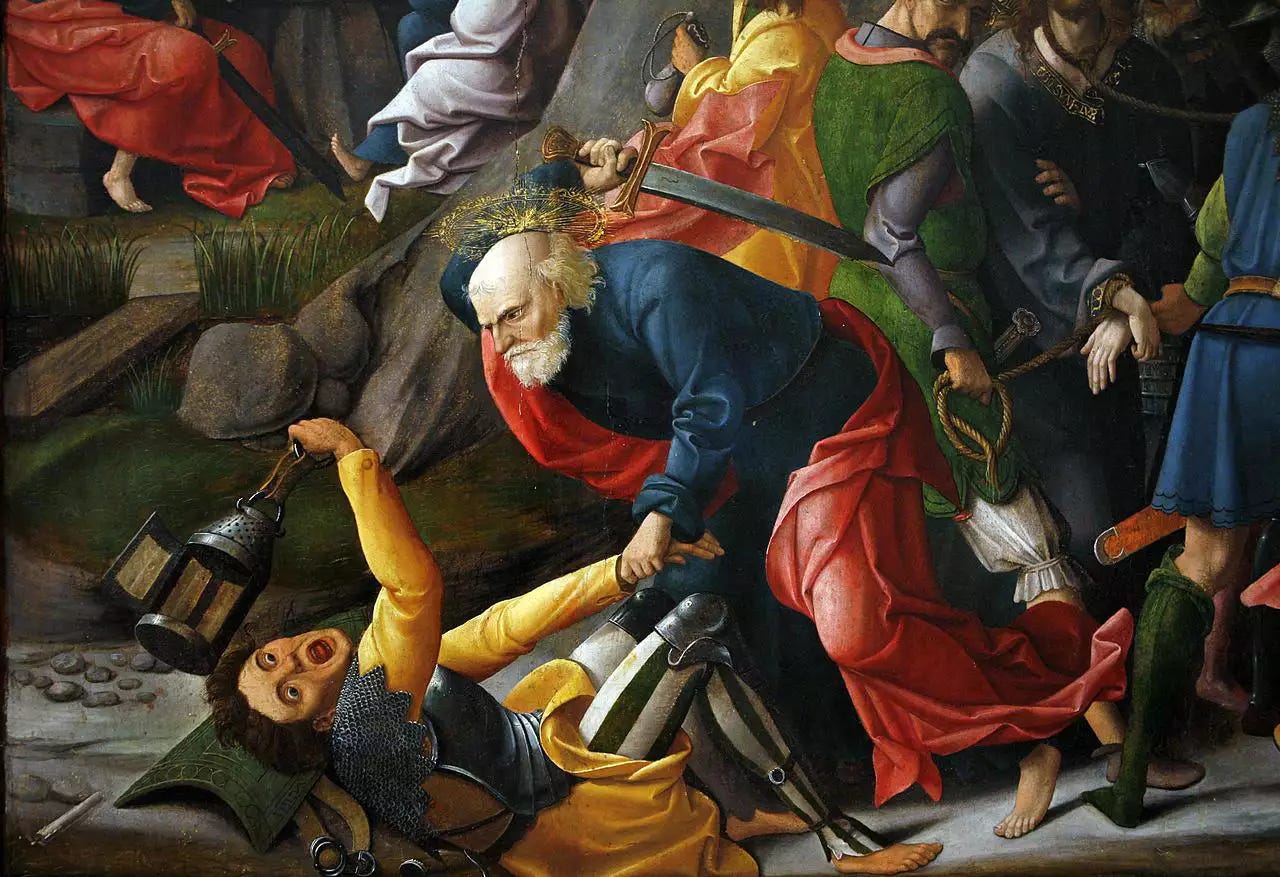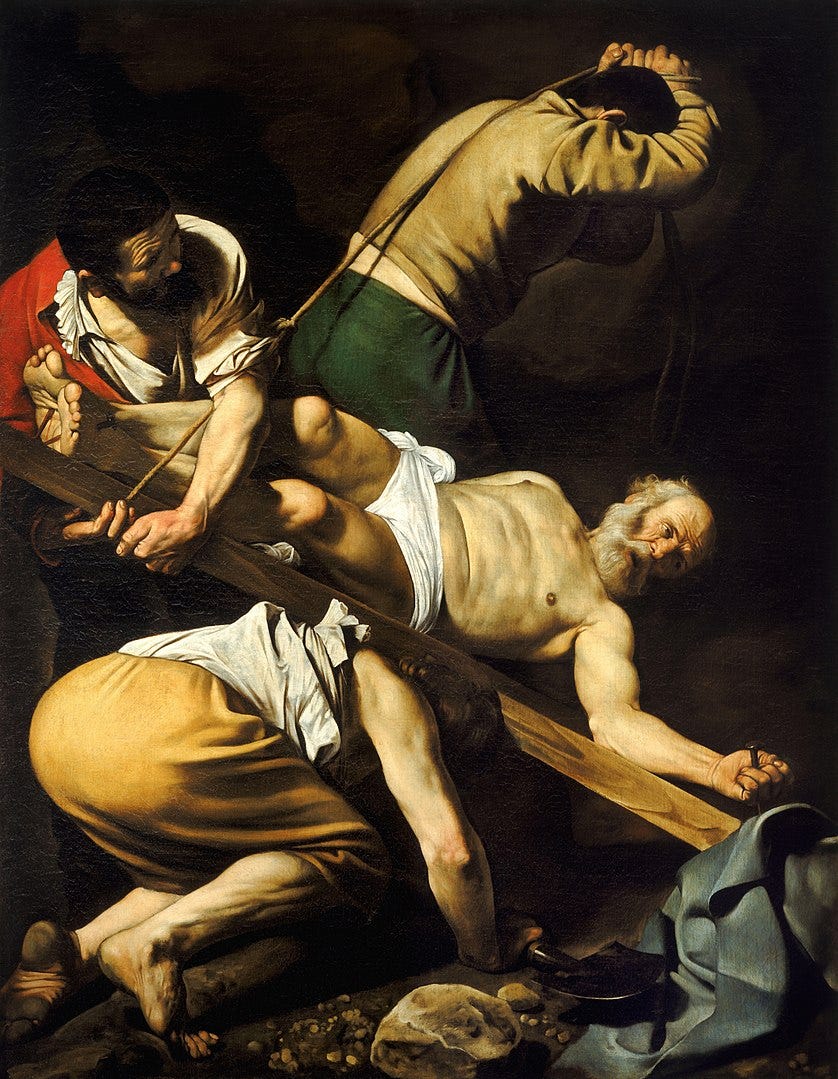The Gift of Zeal
The Doctrine and Covenants teaches that “there are many gifts, and to every man is given a gift by the Spirit of God” (D&C 46:11). The list that follows is usually helpful in identifying which spiritual gifts one might have access to—for example, the gift of wisdom, the gift of tongues, the gift of prophecy, or the gift of working miracles. My spiritual gift, however, is not included in that list. It’s a complicated gift, accompanied by both blessings and burdens, and it runs in my family. My grandma referred to it as her “Scotch-Irish temperament.” My mom calls it “truth-telling.” I prefer the term “zeal.”
Many of us feel this type of zeal. It’s an energizing passion, an earnestness that grips our whole body with a sense of urgency and propels us to action. Maybe we feel that excitement about a team sport. Maybe that passion is the reason we cry when we bear our testimonies. But while most people feel zeal in specific situations, my zeal is manifest in almost every corner of my life. I’ve felt zeal for my creative works. Zeal for my family. Religion. Politics. Philosophy. Science. Art. Film. Literature. Learning. This wide-ranging zeal can be useful: because so many parts of my life feel paramount, I never lack a sense of purpose or meaning. There exists within me a constant drive to move, to make, to do, to be. But for all its constructive attributes, I sometimes struggle with this gift. I want to use it to make something worthwhile, but sometimes my zeal can be difficult to control, and I find myself wondering if I am good and faithful enough, or if another servant could use this talent more wisely.
I recognize both sides of the gift of zeal in the actions and stories of the apostle Peter. Peter never made lukewarm decisions. No, he barreled through the strait gate, sprinting down the narrow path like it was an extreme obstacle course and he needed his momentum to take him up the vertical jump to the Lord’s kingdom. When Christ called him to be a fisher of men, Peter dropped his net “straightaway.” And when Christ returned after the resurrection and called out to his friends on their boat, Peter dove into the sea, even as the boat was already headed to shore.
Thousands of years later, we commend Peter for his fervor. But in those moments of passion, I see the weight on Peter’s soul. When Christ wanted to wash Peter’s feet as an act of love and service, Peter refused. “Thou shalt never wash my feet,” he cried. I would never let the holiest of hands touch the lowliest of places. Jesus replied, “If I wash thee not, thou hast no part with me.” And Peter, panicked, begs Christ not to leave him. “Lord,” he says, “not my feet only, but also my hands and my head.” In that moment, I recognize his intensity. I feel the anxiety in his words, the tension between the fierce devotion that he feels towards the Savior and the apprehension that, as the hourglass empties, he might never be able to do enough to demonstrate that devotion.
When Christ walked across the troubled waters, Peter knew that he could do it, too. Theoretically. He believed that God was a God of miracles, capable of holding up his earthly body as he stepped over the choppy waves. But I can also see his uncertainty. The creeping suspicion that maybe he just wasn’t strong or faithful or brave enough to live up to whatever this Christ saw in him. So he asked Jesus to invite him out of the boat. He even took a few steps before the scriptures say he began to sink. But how far did he fall before crying out to the Lord? Did his stomach get wet? His chest? Or did the water lap at his shins just enough that the fear of disappointing himself and his God became overwhelming—the fear that he wasn’t going to be able to accomplish the lofty but righteous desires of his heart?
I know well the anxiety that accompanies intense zeal. Even from a young age, I felt stirrings of passion as I started learning about the many social injustices in the world. The unfairness of it all, the cries of hunger and pain and heartache that echoed in my imagination, were too much for me to sit with. When I was in middle school, I took to organizing petitions and gathering signatures from my peers to try to fight these injustices. I made petitions to fight for the rights and safety of disabled people and petitions to ensure the safety of students with food allergies. I became especially interested in animal rights when I noticed that the toothpaste I used every single night did not carry a “cruelty-free” disclaimer. That petition, like all the others, was drawn up on lined notebook paper and passed around to all of my friends at school. But once I had gathered those fourteen signatures, the rest of the empty page glared up at me, mocking. My twelve-year-old heart ached, torn between the fire of my zeal and the storm of my anxiety. I knew that I had the power to make a difference in the world. Every teacher and after-school special had told me so. But when confronted by my own limitations and uncertainty, I faltered. My ambition, along with several sheets of loose binder paper, crumpled and torn, sank into the depths of my backpack.
Sometimes—many times—my zeal has translated into clumsy action. I try to channel my zeal into meaningful behaviors. But like a small child trying to pour from a pitcher of water, I don’t always have the strength or skill to dispense my feelings in appropriate servings. I’ve felt the fire rising in my body at the worst of times—like the very first time I met my future sisters-in-law. As a newly-declared English major, I was consumed with zeal for my studies. I relished every class I took, every word from my professors. I loved what I was learning, and I wanted to share what I knew. So, at the beginning of a six-hour road trip, I enthusiastically explained to my future sisters-in-law why the Twilight series lacked any literary merit. It was only after twenty minutes of itemized grievances that I discovered that the sister driving kept an extra copy in the car to read in her downtime. My embarrassment in this moment was eclipsed only by my fear that I had just inadvertently offended and alienated a car full of women who would later go on to become my family.
Peter was no stranger to clumsy action. When the soldiers came to take Christ from the garden, Peter jumped to his feet, overcome with a need to act. He felt responsibility for his Lord, the sting of an unjust world, and perhaps a shade of guilt at not being able to stay awake that night in the garden. And all these feelings overflowed as Peter leaped forward and sliced off a soldier’s ear. How long did Peter feel ashamed of his impetuous reaction? He meant well. But what does one’s motivation matter when a man is holding his bloody ear in his hand? When Peter denied Christ three times before the cock crowed, was it because he was ashamed of Christ, or was it because he was ashamed of himself?
The gift of zeal comes with challenges. There have been times when passion swells in my chest, but an overwhelming anxiety seizes my body. Or when my zeal translates into raw, stumbling open-mouth-insert-foot deeds, and I am wrapped in shame and embarrassment. Occasionally, I have to bite back my zeal, tamp down my passion, leave the room before I start cutting off ears. Other times, I have sacrificed my priorities, my time, even my own mental health to serve the subject of my zeal. I sometimes wonder if this gift of zeal has been wasted on me—if anyone else could take this fervor and make it more useful than I can.
But then I think of my Grandma Betty and her “Scotch-Irish temperament.” She once told me about the time a new high school teacher told her and her peers that, economically speaking, they belonged to lower-class families. Betty was raised in the Ozarks during the Great Depression. Her mother had died young and her father was an alcoholic incapable of holding down a job. She was, in fact, poor. Many of her classmates were, as well. But Betty felt her zeal burning in her chest, indignant at being classified by an outsider—someone who didn’t know her but who felt capable of labeling her and her friends as “less-than.” She led the charge against that teacher, hurling verbal attacks as he tried to escape the classroom. As a child, her attempts at channeling her zeal often resulted in more conflict than progress. But those early experiences also fed her zeal, and in her later years, she was able to direct her zeal toward helping other misfits in her own community. She drove the unshaven homeless man to church with her five kids in the back of the car. She took in the refugee child so that he could attend school while his parents worked. When a mother was asked to leave church because her toddler had head lice, she took them both to her home, washed their hair, and combed out the bugs. And the next week, she walked that woman back into Relief Society and sat down in the front row with her arm wrapped around the woman’s shoulders.
And, of course, I think of Peter. Peter, who was riddled with doubt in himself and his abilities. Peter, whose zeal burst forth like water from a firehose. When Peter doubted himself, Christ held his hand. When Peter’s zealous, well-intentioned actions caused harm, Christ healed. Christ saw the potential in Peter’s zeal.
It was Peter whom Christ trusted with the keys to the kingdom. Peter whom Christ brought with him to the mountain. Peter was the rock that Christ needed to build His church.
I’m not sure why I’ve been given this gift of zeal or how exactly I can use it to touch lives and make the world a better place. But I am inspired by Peter and by my grandmother. I see myself in the stories where they stumble. And when I see their zeal focused in ways that uplift and empower, I am hopeful that maybe my own zeal, blundering and unmanageable as it sometimes feels, can also be harnessed for good.
Jeanine Bee is a writer of short fiction and creative non-fiction, and the fiction editor for Wayfare Magazine. Her works have been featured in Irreantum, Dialogue, and the Mormon Lit Blitz.










